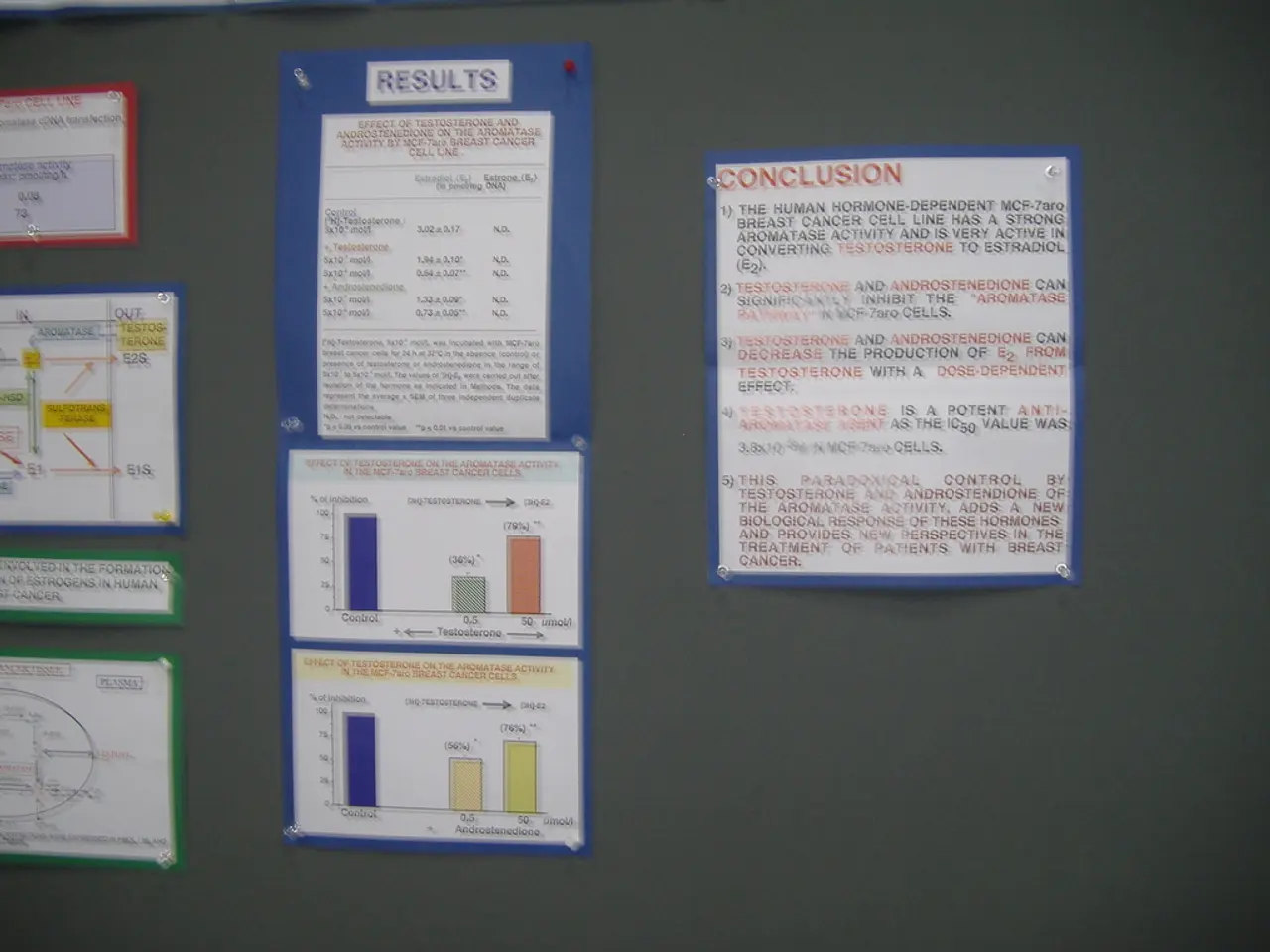Revision of Small Business Data Gathering Regulation Underway by CFPB
The Consumer Financial Protection Bureau (CFPB) is revisiting its small-business data collection rule, originally finalized in March 2023, due to ongoing legal challenges and stakeholder feedback[1]. The rule, aimed at enhancing transparency in small business lending, has sparked litigation and raised concerns about administrative burdens and privacy implications[2].
In a move to ease implementation burdens, the CFPB has extended the compliance deadlines for financial institutions. The new deadlines are as follows: - Lenders originating 2,500 or more small-business loans per year must comply by July 18, 2025. - Those originating at least 500 per year have until Jan. 16, 2026, to comply. - Lenders originating at least 100 each year have until Oct. 18, 2026, to comply[1].
The CFPB is planning to repropose this rule in October 2025 as part of a broader effort to revisit Biden-era regulations related to small business lending data collection and consumer data sharing[1]. The agency also anticipates issuing a Notice of Proposed Rulemaking as soon as possible[1].
Financial institutions will need to prepare for possible changes that may affect data collection systems, privacy safeguards, and reporting procedures. Advocacy groups have expressed concerns that the original rule could impose unnecessary burdens, potentially increase lending costs, and reduce credit availability particularly for small, minority, and women-owned businesses[3].
For borrowers, improved data collection could increase transparency around lending practices, potentially helping to identify and address discriminatory or unfair lending patterns. However, there are privacy concerns since collection of discretionary data points not explicitly required by law may impact borrower confidentiality and data security[3]. The overall impact on credit access is uncertain as the rule aims to balance fairness and transparency with minimizing negative effects on lending availability.
The CFPB is also facing legal challenges from a Texas bank and the state's banking trade group, with Chief Judge Randy Crane of the U.S. District Court for the Southern District of Texas exempting certain entities from implementing the rule, then extending the exemption to lenders nationwide[1]. The Supreme Court upheld the CFPB's funding structure in May 2024, and the Senate and House each voted to repeal the rule, but then-President Joe Biden vetoed the matter[1].
The CFPB has proposed to provide status reports every 90 days during the pendency of the rulemaking process and to promptly inform the court when the rulemaking process is complete[1]. The Revenue Based Finance Coalition is seeking a stay of compliance for the rule that requires collecting race, gender, and demographic data from borrowers[2].
In summary, the CFPB is in the midst of reworking its small business lending data collection rule with reproposals expected later in 2025, incorporating stakeholder feedback and legal compliance considerations. Financial institutions face adjusted compliance timelines and potentially revised data obligations, while borrowers could see benefits from improved oversight but also concerns regarding privacy and access to credit[1][3].
[1] Consumer Financial Protection Bureau (CFPB) press release, 2023. [2] Revenue Based Finance Coalition lawsuit, 2023. [3] Small Business Administration Office of Advocacy report, 2023.
- The ongoing revisions to the small-business data collection rule by the Consumer Financial Protection Bureau (CFPB) highlights the intersection of finance, business, and policy-and-legislation, as lawmakers, financial institutions, and advocacy groups navigate the complexities in regulatory compliance and stakeholder concerns.
- As the CFPB continues to grapple with litigation and feedback on the small-business lending rule, it underscores the significant role of politics in shaping financial regulations, with debates revolving around issues like administrative burdens, privacy implications, and general news related to access to credit for small businesses and various minority-owned businesses.




